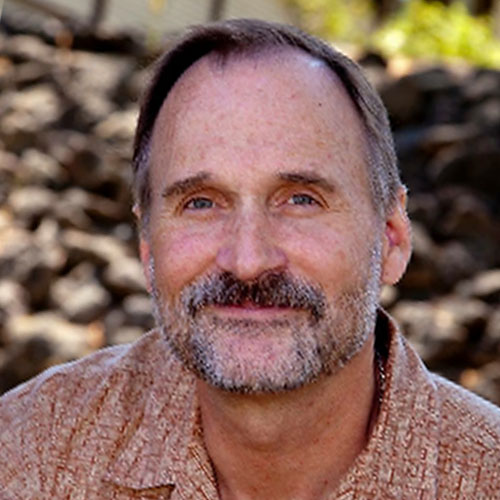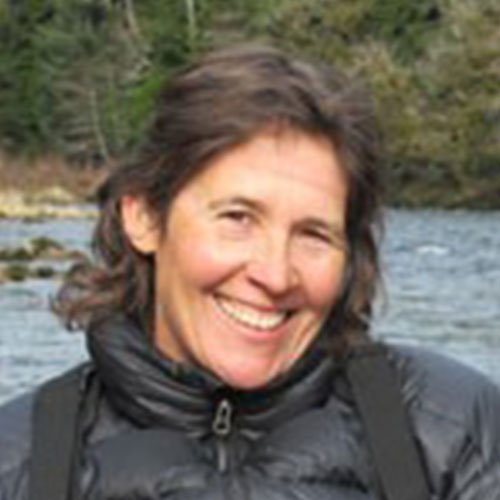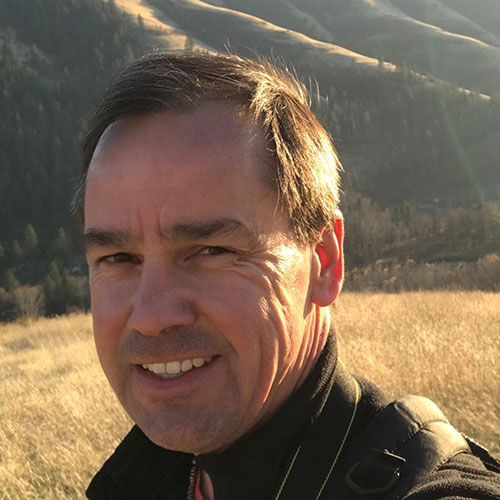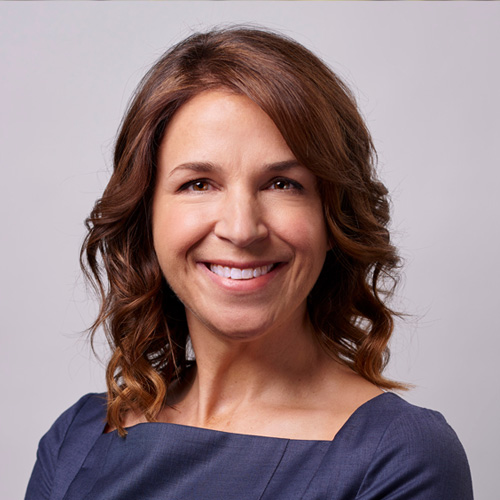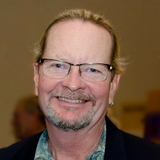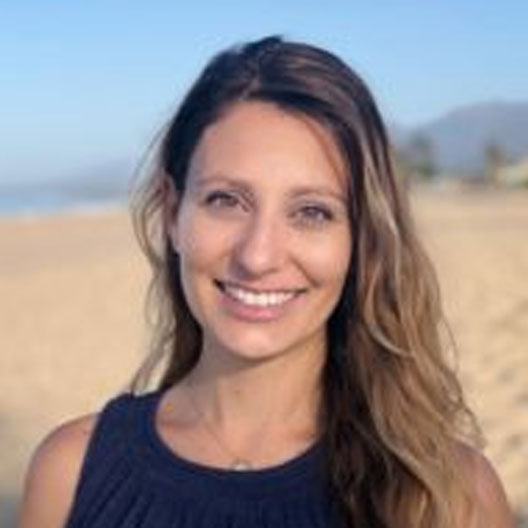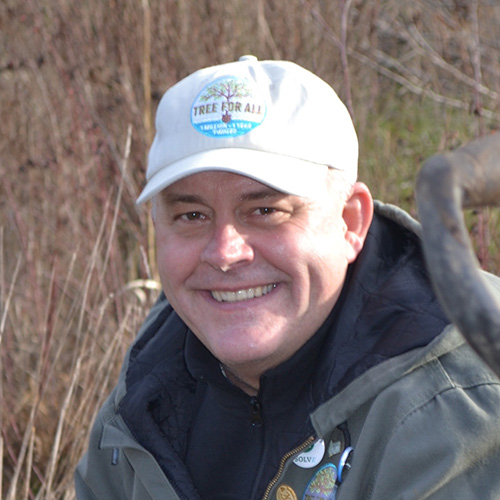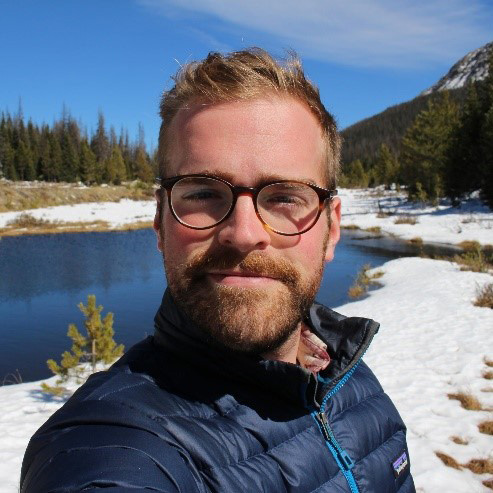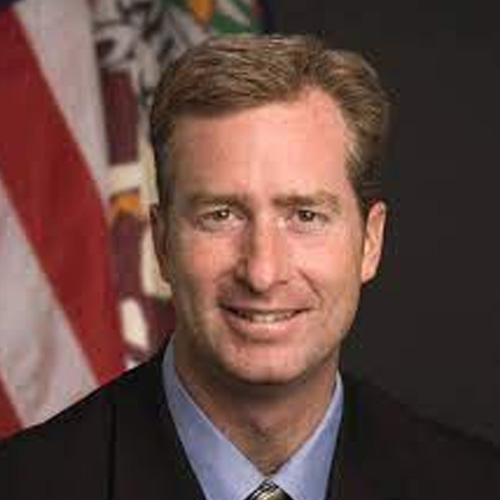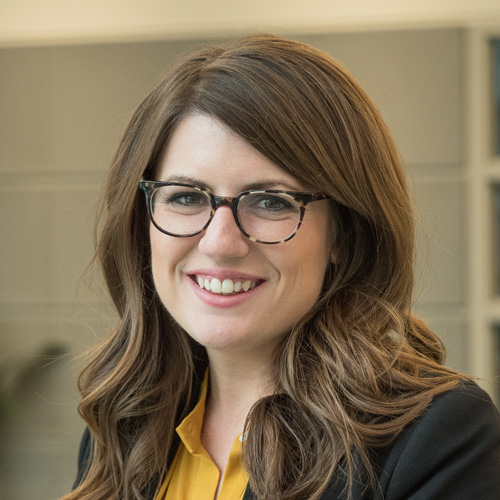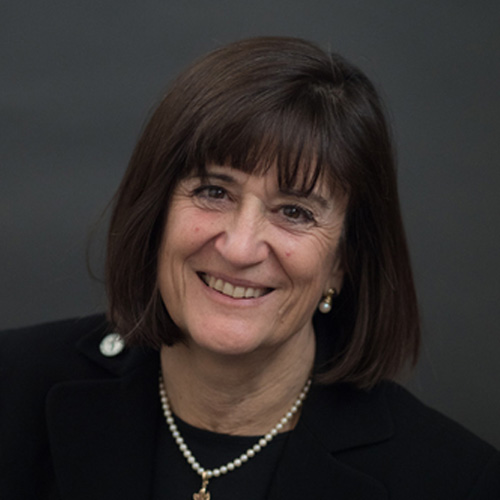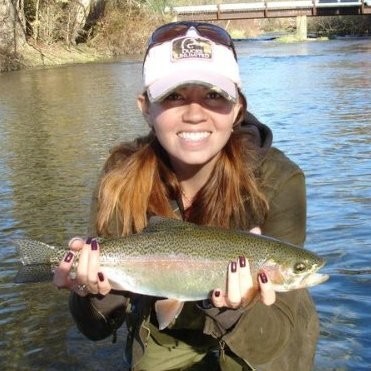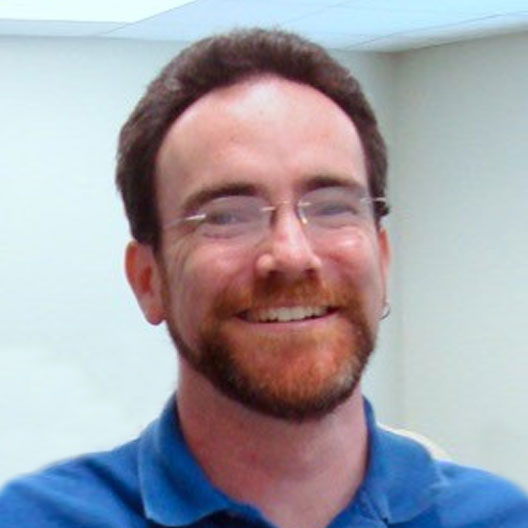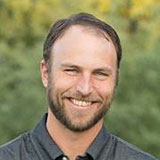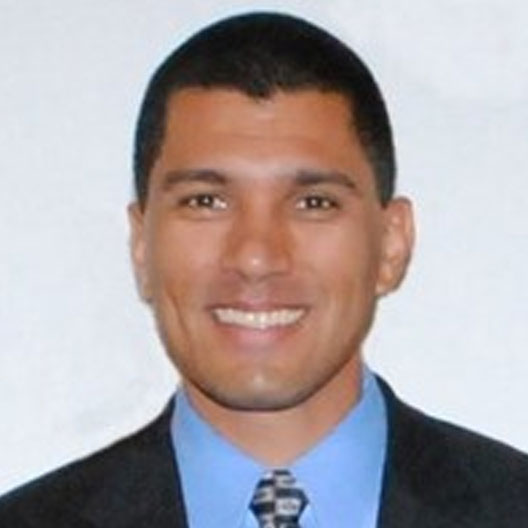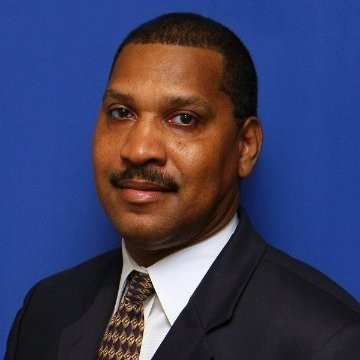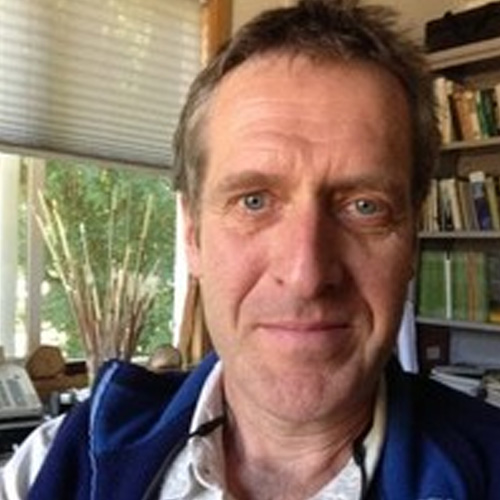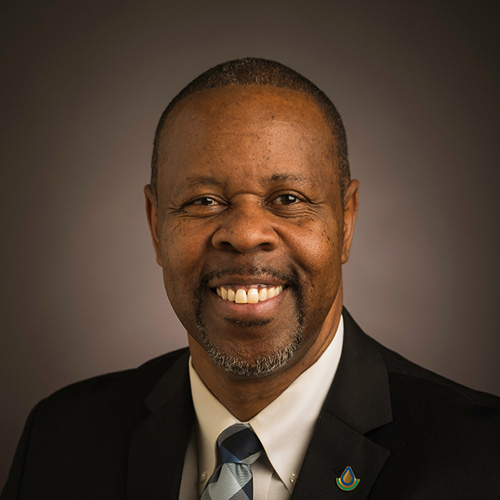Plenary Presentations
In addition to breakout sessions with technical presentations, NCER features daily plenary sessions with speakers addressing the many pressing challenges faced by restoration professionals across the U.S. We are pleased to bring you an impressive lineup of accomplished individuals who will inform us, inspire us, and sharpen our vision for future restoration success across diverse landscapes.
Please Note: All times shown are in U.S. Eastern Daylight Time (EDT).
Monday, July 26, 2021
1:00pm – 2:00pm (EDT)
Opening Plenary: Welcome Remarks and Keynote Presentation
In keeping with the tradition started with the Gulf Coast plenary at NCER 2018 in New Orleans, this year’s opening day plenary sessions will focus on restoration in the Pacific Northwest. While presentations may be region specific, a key focus throughout NCER is how methods and approaches in the information presented can be:
| 1:00pm (EDT) |
Welcome to NCER 2021 by the Conference Co-Chairs
Matt Grabau, Conference Chair, U.S. Fish and Wildlife Service; Immediate Past President, Large Scale Ecosystem Restoration Section (LERS); Society for Ecological Restoration (SER), Tucson, AZ –and– Amber Inggs, Conference Co-Chair, Environmental Science Associates (ESA); Immediate Past President, Large Scale Ecosystem Restoration Section (LERS); Society for Ecological Restoration (SER), Santa Barbara, CA
|
| 1:10pm (EDT) | Keynote Speaker Introduction
Nick Aumen, Regional Science Advisor, South Florida, U.S. Geological Survey, Davie, FL |
| 1:15pm (EDT) | Keynote Presentation Gordon Reeves, Emeritus Scientist, US Forest Service, Corvallis, OR |
| 1:55pm (EDT) | Open Floor for Broad Q&A |
| 2:00pm (EDT) | Adjourn |
Monday, July 26, 2021
2:00pm – 3:30pm (EDT)
Regional Plenary: Restoration in the Pacific Northwest (Part 1)
In keeping with the tradition that began with NCER 2018, this year’s conference features a two-part plenary focused on restoration in the Pacific Northwest. While presentations may be region specific, a key focus throughout NCER is how methods and approaches in the information presented can be:
- Transferred for use in other regions or ecosystem types;
- Utilized in eliminating issues of uncertainty in restoration implementation;
- Scaled for use in smaller and/or larger restoration projects; and be
- Communicated in a strategic manner to a range of restoration practitioners.
Regional Scope
On Monday, July 26, the Opening Plenary Keynote Speaker will introduce attendees to the geography, geology, climate and hydrology of the Pacific Northwest, followed by Part 1 of the Regional Plenary which features two presentations on floodplains and salmon restoration. Part 2 of the Regional Plenary will be held Monday, August 2, and will feature two presentations on fire and first foods to show how understanding the human dimensions of degradation and restoration of aquatic and terrestrial ecosystems is critical for successful ecosystem restoration.
The overall geographic scope of the regional plenary session is the Columbia River basin, the Salish Sea basin, and the Pacific coast watersheds of Oregon and Washington. There will be ample time for questions and interaction between the moderator, speakers, and audience to explore the applicability of how restoration in the region relates to your area of practice and the broader national NCER community.
| 2:00pm (EDT) | Moderator Introduction & Overview
Fire and Floodplains: Human Dimensions and Restoration Opportunities in the Pacific Northwest Rolf Gersonde, Seattle Public Utilities |
| 2:10pm (EDT) | Flood Plain Reunification: The River Restoration Frontier
Janine Castro, USFWS
|
| 2:45pm (EDT) | Flows Before Function: Linking Landscapes to Food Webs Through Physics
Matthew Young, U.S. Geological Survey
|
| 3:20pm (EDT) | Open Floor for Broad Q&A |
| 3:30pm (EDT) | Adjourn |
Tuesday, July 27, 2021
11:00am – 12:30pm (EDT)
Prioritizing Ecosystem Restoration on Expanding Scales: Investments in Restoration
At all scales, programs must implement restoration intelligently to maximize the benefits of limited funding. Prioritization includes what actions and where. Presenters in this plenary session will provide examples and lessons learned from prioritizing restoration investments to address the diverse challenges we face. We will learn how restoration programs are prioritizing at different scales, with two examples from multi-state programs and one continental-scale wetland restoration program.
| 11:00am (EDT) |
Moderator Introduction & Overview Matthew Harwell, U.S. EPA, Pacific Ecological Systems Division, Office of Research and Development, Newport, OR |
| 11:10am (EDT) | Prioritization Tools Co-Developed with Northeastern States Rachel Dawson, Program Director - Delaware River, National Fish & Wildlife Foundation (NFWF), Washington, DC |
| 11:35am (EDT) |
Gulf Coast Ecosystem Restoration James Tillman Sr., SE Regional Conservationist, USDA, NRCS, Washington, DC |
| 12:00pm (EDT) |
Continental-Scale Perspective Ellen Herbert, Ecosystem Services Scientist, Conservation, Ducks Unlimited, Memphis, TN |
| 12:25pm (EDT) | Closing Discussion |
| 12:30pm (EDT) | Adjourn |
Thursday, July 29, 2021
11:00am – 12:30pm (EDT)
Storytelling, Visualization, and Strategic Communications: Understanding the Social-Ecological Landscape
Large-scale ecosystem restoration is not simply a matter of implementing the best science and technology. Sustainable restoration programs depend on developing and maintaining support from funders, policymakers, and communities—people. Restoration partnerships are increasingly working with storytellers who draw upon human dimensions and social science to deliver powerful messages across diverse types of media. In this plenary, we will learn how strategic communication is accelerating the pace of restoration across North America.
| 11:00am (EDT) |
Moderator Introduction and Overview Matthew Grabau, Conference Chair, Science Coordinator, Science Applications Program, U.S. Fish and Wildlife Service, and Immediate Past President, Large Scale Ecosystem Restoration Section (LERS) of the Society for Ecological Restoration, Tucson, AZ |
| 11:10am (EDT) |
A Different Perspective: Flights to Advance Policy and Communication Esther Duke, Western Program Director, LightHawk, Denver, CO |
| 11:40am (EDT) |
Using Imagery and Film to Raise Public Awareness of Biodiversity, Ecosystems, and Conservation Jeremy Monroe, Founder and Director, Freshwaters Illustrated, Corvallis, OR |
| 12:10pm (EDT) | Q&A with the Audience |
| 12:30pm (EDT) | Adjourn |
Thursday, July 29, 2021
4:00pm – 5:00pm (EDT)
Embracing our Differences – How the Structures of State Governments Influence Policy Making
Large-scale ecosystem restoration is not possible without cooperation and collaboration among governing entities, which entails numerous intricacies and challenges when bringing diverse players together with varying political orientations. This session presents a fascinating, behind the scenes comparison of the structures of government – the states of Maryland, Pennsylvania, and Virginia, the Chesapeake Bay Program, and the Chesapeake Bay Commission, and how these differences influence policy making and how science and politics inform decision-making.
| 4:00pm (EDT) |
Opening Remarks David Bulova, Chesapeake Bay Commission (CBC) Chairman Delegate of Virginia |
| 4:05pm (EDT) |
Governance Structures in the Chesapeake Bay Ann Swanson, Executive Director, CBC, Annapolis, MD |
| 4:25pm (EDT) | Film Presentation: Celebrating 40 Years: How the Chesapeake Bay Commission Works |
| 4:35pm (EDT) |
Panel Discussion: Panelists will discuss how governance structures influence their work, the importance of understanding & tolerance, successful approaches to stakeholder/legislator interaction, and how science, politics and implementation experience informs policy and decision-making.
Panelists:
David Bulova (Facilitator), Chesapeake Bay Commission (CBC) Chairman Delegate of Virginia Sarah Elfreth, CBC Member Senator of Maryland Scott Martin, CBC Member Senator of Pennsylvania Ann Swanson, Executive Director, CBC, Annapolis, MD |
| 5:00pm (EDT)v | Adjourn |
Monday, August 2, 2021
2:00pm – 3:30pm (EDT)
Regional Plenary: Restoration in the Pacific Northwest (Part 2)
In keeping with the tradition that began with NCER 2018, this year’s conference features a two-part plenary focused on restoration in the Pacific Northwest. While presentations may be region specific, a key focus throughout NCER is how methods and approaches in the information presented can be:
- Transferred for use in other regions or ecosystem types;
- Utilized in eliminating issues of uncertainty in restoration implementation;
- Scaled for use in smaller and/or larger restoration projects; and be
- Communicated in a strategic manner to a range of restoration practitioners.
Regional Scope
On Monday, July 26, the Opening Plenary Keynote Speaker will introduce attendees to the geography, geology, climate and hydrology of the Pacific Northwest, followed by Part 1 of the Regional Plenary which features two presentations on floodplains and salmon restoration. Part 2 of the Regional Plenary will be held Monday, August 2, and will feature two presentations on fire and first foods to show how understanding the human dimensions of degradation and restoration of aquatic and terrestrial ecosystems is critical for successful ecosystem restoration.
The overall geographic scope of the regional plenary session is the Columbia River basin, the Salish Sea basin, and the Pacific coast watersheds of Oregon and Washington. There will be ample time for questions and interaction between the moderator, speakers, and audience to explore the applicability of how restoration in the region relates to your area of practice and the broader national NCER community.
| 2:00pm (EDT) |
Welcome to Pacific Northwest Regional Plenary (Part 2)
Rolf Gersonde, Seattle Public Utilities
|
| 2:10pm (EDT) | Wildfires and Fish Habitats: The Importance of Pulsed Disturbances
Paul Hessburg, USDA |
| 2:40pm (EDT) |
The Reciprocity Approach and First Foods Perspectives on Ecosystem Restoration and Natural Resource Management
Eric Quaempts, Confederated Tribes of the Umatilla |
| 3:10pm (EDT) | Q/A and Open Discussion |
| 3:25pm (EDT) | Regional Plenary Wrap Up |
| 3:30pm (EDT) | Adjourn |
Monday, August 2, 2021
6:00pm – 8:00pm (EDT)
Film Screening Watch Party - UPRIVER
Event Host
Darcy Austin, Science Manager, State Water Contractors (SWC), Sacramento, CA
Film Producer & Emcee
Jeremy Monroe, Founder and Director, Freshwaters Illustrated, Corvallis, OR
Gather with NCER friends and join us for snacks, refreshments and a Freshwaters Illustrated film screening.
UPRIVER – UPRIVER is a "watershed film" that explores one of the Nation’s most active river conservation movements. Within Oregon’s Willamette River system, the film focuses on people from all walks of life who are coming together to revive the health of this large river and the life it supports.
Tuesday, August 3, 2021
11:00am – 12:30pm (EDT)
Partnerships and Mechanisms to Develop Sustainable Funding
To address restoration at the scale of the challenges we face, we must continue to increase the geographic scope of our efforts to support resources, habitat, and species that cross geopolitical boundaries. As scale increases, so does complexity and the need to develop and provide funding for partnerships that include multiple agencies, tribes, private landowners, and nonprofit organizations. This plenary session will provide lessons learned from innovative strategies to sustain long-term partnerships to fund restoration implementation at scale.
| 11:00am (EDT) |
Moderator Introduction & Overview Howie Gonzalez, Jr., Chief, Ecosystem Branch, Programs & Project Management Division, U.S. Army Corps of Engineers Jacksonville District, Jacksonville, FL |
| 11:10am (EDT) |
Transformational Partnerships and the Tualatin River Watershed Bruce Roll, Director, Natural Systems, Enhancement & Stewardship, Clean Water Services and Clean Water Institute (CWI), Hillsboro, OR |
| 11:40am (EDT) |
Non-Traditional Partnerships to Support Everglades Restoration Robert Johnson, Director, South Florida Natural Resources Center (SFNRC), a division of Everglades National Park (ENP), National Park Service, Homestead, FL |
| 12:10pm (EDT) | Open Floor for Broad Q&A |
| 12:30pm (EDT) | Adjourn |
Tuesday, August 3, 2021
6:00pm – 8:00pm (EDT)
Film Screening Watch Party - Hidden Rivers
Event Host
Ryan Clark, Research Scientist, The Water Institute, Baton Rouge, LA
Film Producer & Emcee
Jeremy Monroe, Founder and Director, Freshwaters Illustrated, Corvallis, OR
Gather with NCER friends and join us for snacks, refreshments and a Freshwaters Illustrated film screening.
Hidden Rivers - Ten years in the making, Hidden Rivers is Freshwaters Illustrated’s newest feature film that explores the rivers and streams of the Southern Appalachian region, North America’s most biologically rich waters. The film follows the work of conservation biologists and explorers throughout the region and reveals both the beauty and vulnerability of these ecosystems.
Thursday, August 5, 2021
4:00pm – 4:55pm (EDT)
Closing Plenary: Be Inspired — Featuring Mac Stone, Conservation Photographer
| 4:00pm (EDT) |
Moderator Introduction & Overview Darcy Austin, Science Manager, State Water Contractors (SWC), Sacramento, CA |
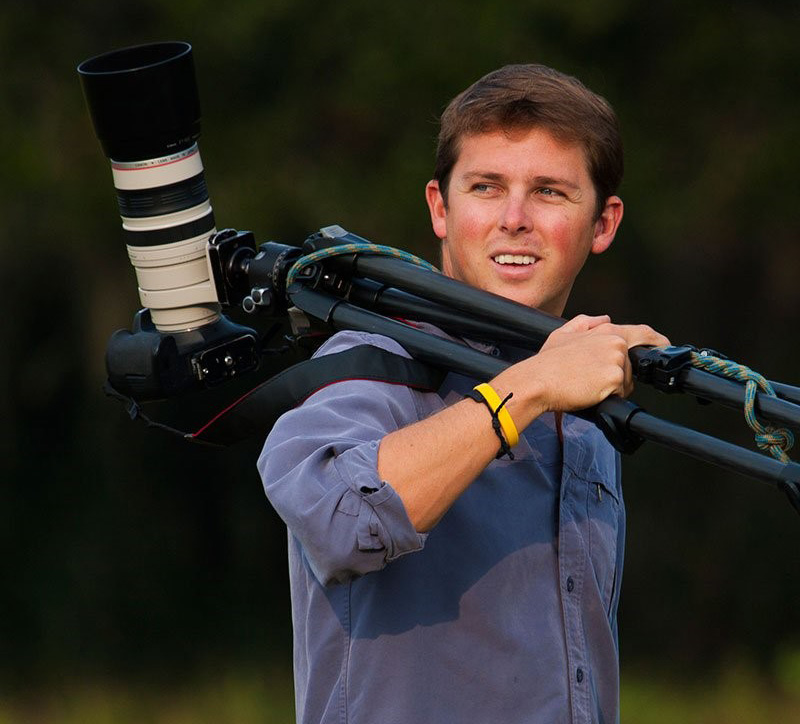
Mac Stone is a National Geographic Explorer and an internationally acclaimed conservation photographer. His images help tell the complex stories of wetlands and wilderness through the wildlife and people who rely upon them. Photographing for publications and organizations around the world, Stone's roots come from the swamps, estuaries, springs and Everglades of his home state. His images have been widely published and honored and his TED talk has been viewed over a million times. An author, speaker, and senior fellow with the International League of Conservation Photographers and Sea Legacy, he strives to expose the dynamic relationship between mankind and the natural world to drive conservation initiatives. His award-winning book, Everglades: America's Wetland, is a visual journey through the River of Grass and aims to bring awareness to Everglades restoration efforts. He is currently working on a new book that explores the remaining old growth swamps left in the United States. Join us for this upbeat and inspiring presentation as a reminder why what you do makes a difference. To see his work visit www.macstonephoto.com .


